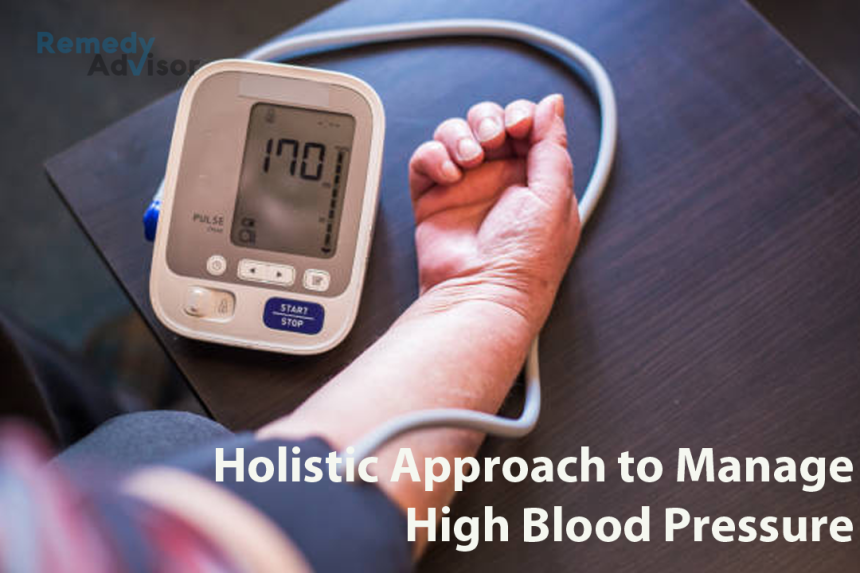Even though most things in a person’s life cause high blood pressure, sometimes changing habits and making other changes is not enough to control and lower blood pressure effectively. In these situations, blood pressure may need to be controlled with medicine for a short time or for a long time. It’s important to remember that high blood pressure builds up over time, so it may take a while for the body to adjust to changes made to get it under control. It is very important that you never stop taking prescription drugs without first talking to your doctor.
The good news is that the changes in lifestyle that are talked about in this book work well with medicine. You can still use the natural methods in this book even if you and your doctor decide to start a medication program or keep taking medications that have already been prescribed. Many people find that they can cut back on or even stop taking prescription drugs for high blood pressure and instead rely on changes to their lifestyle as their main way to deal with hypertension.
It’s important to know the different kinds of high blood pressure medicines that your doctor might suggest or give you. This section will tell you about these drugs, including their benefits and possible side effects, any warnings about how to use them, and how they might react with other drugs or supplements.
Do you need medication?
People with high blood pressure often wonder if they really need to take medicines to treat it. People with high blood pressure should ask their healthcare providers this question, and the answer should be explained in detail. If medication is chosen, the discussion should also include how natural treatments can be added to a treatment plan.
Research shows that the threat of serious health problems like heart attack, kidney disease, stroke, and dying too soon doubles for each 20-point upsurge in systolic pressure or 10-point upsurge in diastolic pressure from a starting point of 115/75mmHg. Even though 120/80mmHg is thought to be “normal,” problems can still happen at that level.
The answer to “Do you need medicine?” depends on the person being asked. If you have mild high blood pressure, aren’t overweight, don’t have a history of heart problems, and just quit smoking while gradually getting more exercise and learning how to deal with stress, you and your doctor may decide that you don’t need medicine while your body adjusts.
If you have mild high blood pressure, are overweight, have type 2 diabetes, and haven’t been able to lose weight yet, your doctor may give you medicine to control your blood pressure. But if you lose some weight and use natural ways to lower your blood pressure that work, you may not need to take medicine anymore.
Most of the time, a doctor will give a patient medicine if their blood pressure is 140/90 to 159/99 mmHg or higher. Patients with diabetes, kidney disease, or heart problems, on the other hand, may get a prescription even if their blood pressure is only 130/80 mmHg.
Most people with high blood pressure get medicine, but not everyone who gets medicine needs it. Also, many patients don’t take their medicine as prescribed. Half of patients stop taking their medicine within the first year of treatment, and some only take half of their doses. Such actions are not a good idea, and if you want to stop taking your medication or can’t keep doing so for some reason, you should talk to your doctor right away and talk about other plans, such as making major changes to your lifestyle. But it can be dangerous to stop taking a medicine all of a sudden or to take it only sometimes.
When it comes to treating high blood pressure with medicine, it’s important to remember that each case is different. So, it’s important to talk to your doctor about the pros and cons of taking antihypertensive drugs. You should also talk about any changes you are willing to make to your lifestyle and any changes you are already making to help lower your blood pressure. This will help make sure that you and your doctor agree on the best way to treat you.







